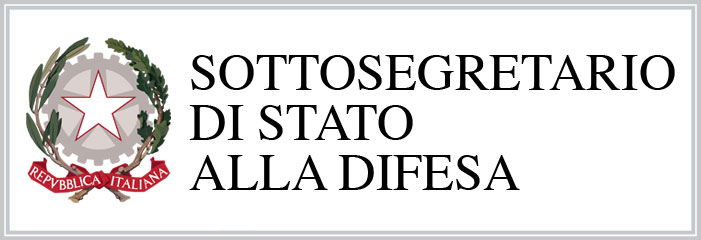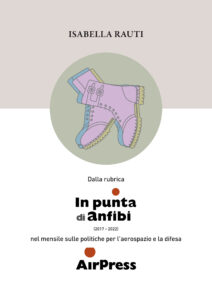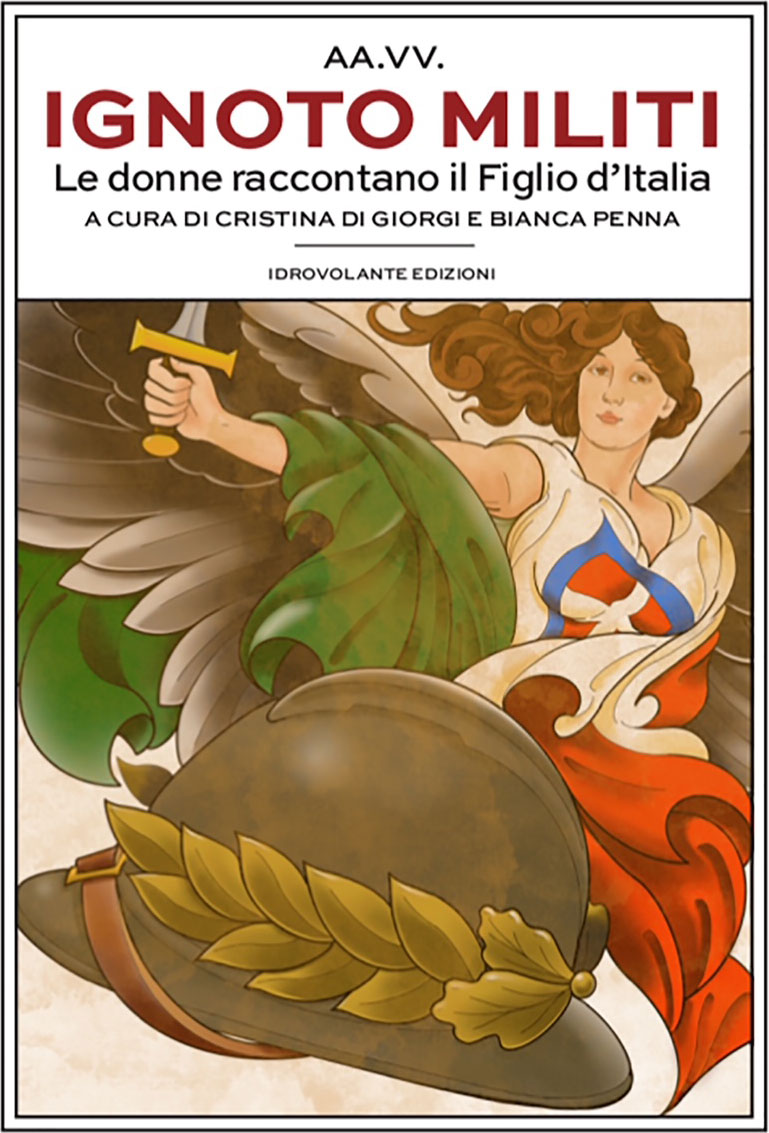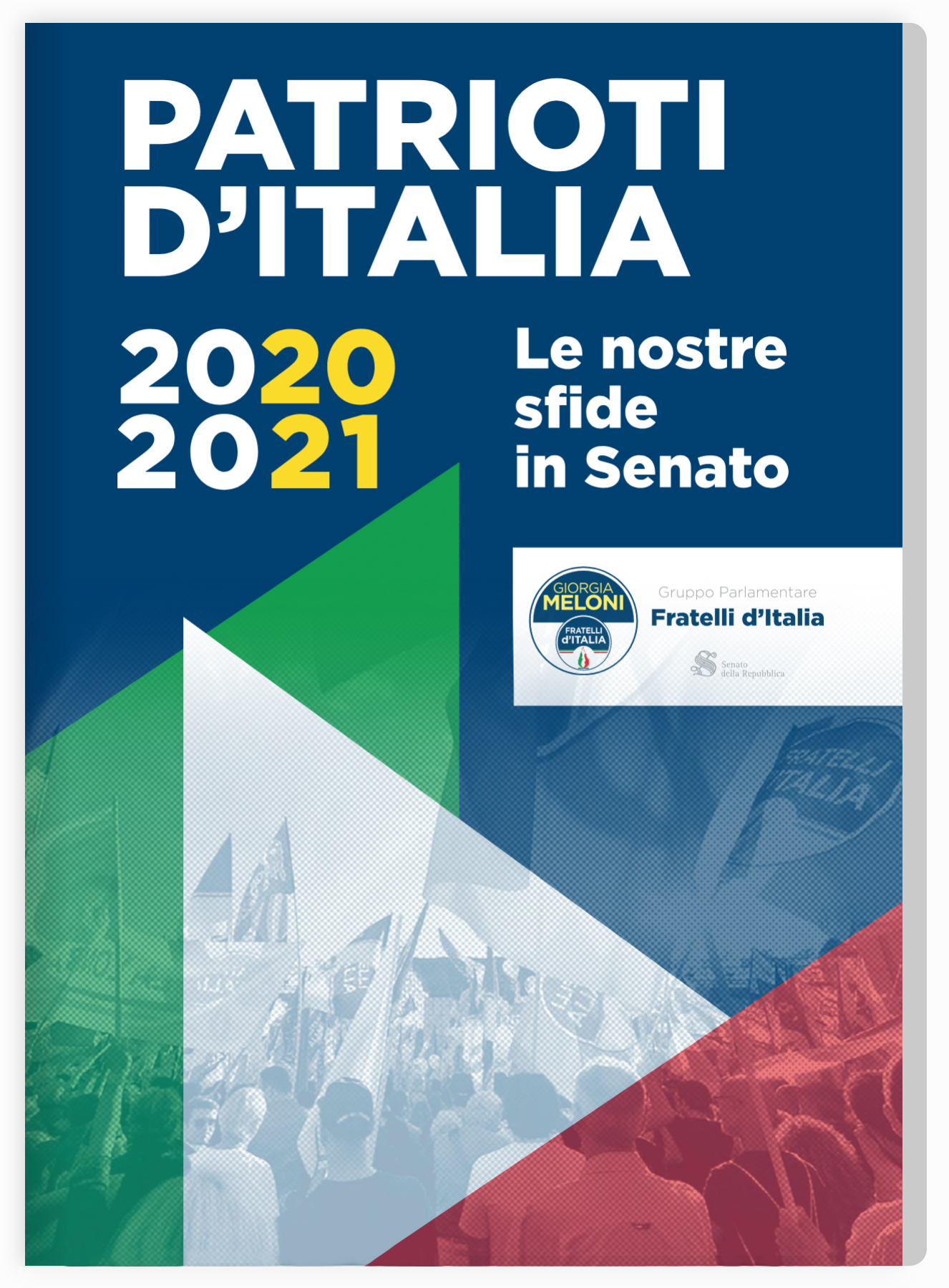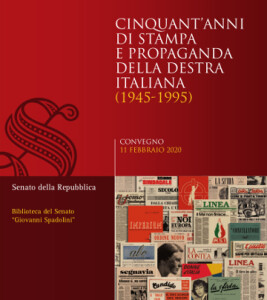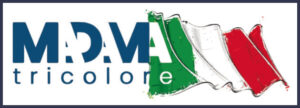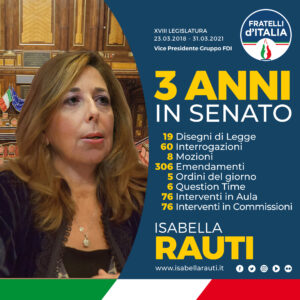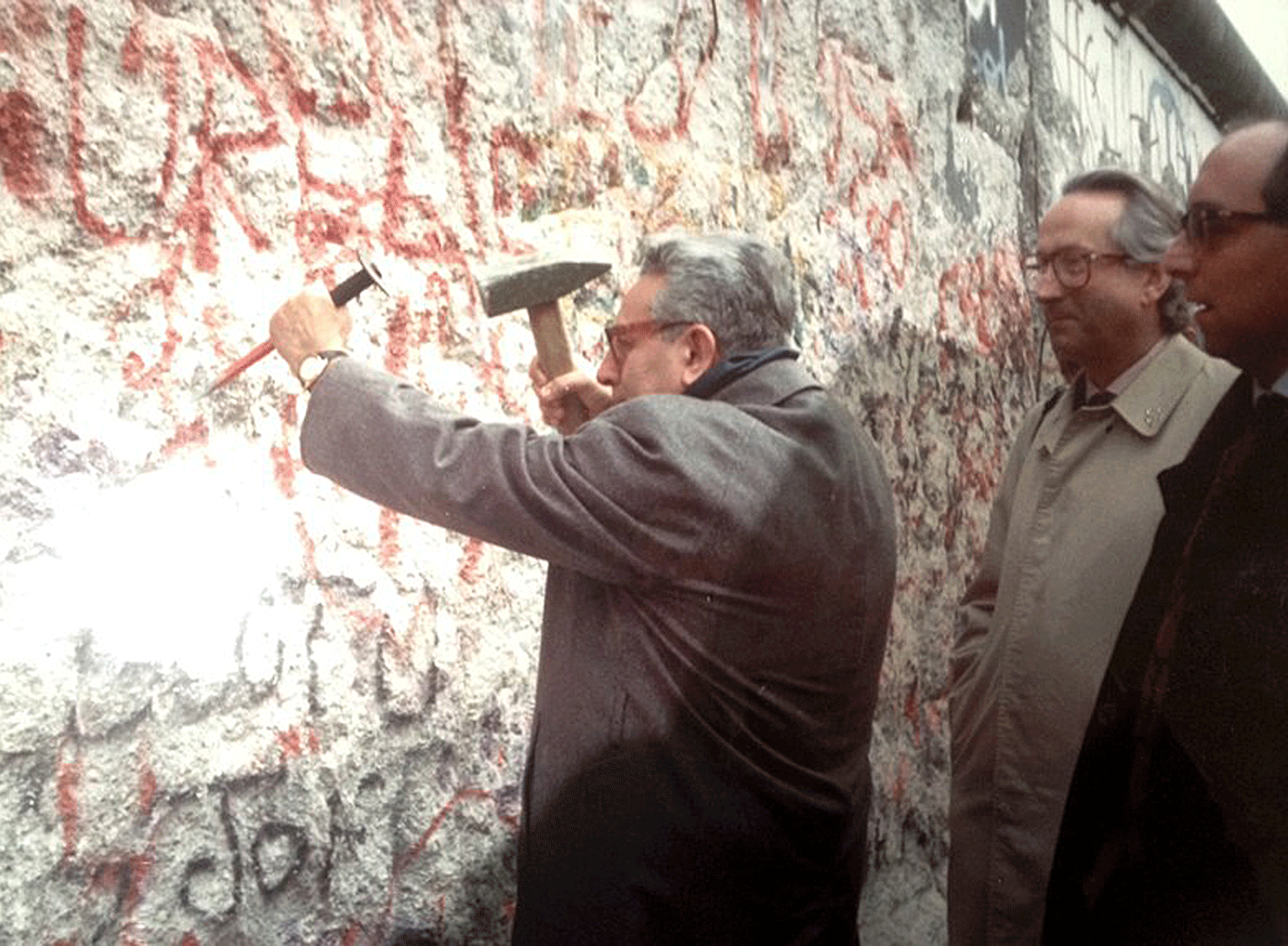Panel I: National Experiences in ensuring women’s access to land and credit to reduce hunger
Roma, 15 novembre 2009
Intervento della Prof.ssa Isabella Rauti, Capo del Dipartimento per le Pari Opportunità
Mrs Suzanne Mubarak, Excellencies, Dear ladies:
it is a great honour and a true privilege for me to take the floor on this occasion, before such a prestigious audience.
I trust that you share my conviction that the 2009 World Food Summit of FAO, which will open tomorrow, is taking place at a critical time.
The large number of Heads of State and Government who have chosen to travel to Rome to personally head their Delegations clearly demonstrates the priority which should be attributed to global food security today.
I would like to thank Mrs Suzanne Mubarak, and sincerely commend her for making the best of this opportunity, by organizing the Second Non-Aligned Movement First Ladies Summit in Rome.
For our Capital, hosting the Agriculture and Food Agencies of the UN is not only an honour. It is a deeply rooted responsibility, which I also personally feel, both as the wife of the Mayor of Rome, and as Head of the Department of equal opportunities in the Italian Government.
The specific themes which have been chosen for this meeting are closely connected with the most of the issues which are central to the FAO World Food Summit.
In this context, it is certainly appropriate for women as ourselves, who are so close to decision makers in your Countries, to focus today on the crucial role played by women in agriculture, food production and social development in general.
I would like to reaffirm Italy’s commitment to eradicate hunger; an action which constitutes an essential prerequisite for economic and social development and world peace and security.
Also in Italy, the global economic and financial crisis is deteriorating the social capital, and the future perspectives of people, especially young and mono-parental families, and the living conditions of all individuals.
In our national territory, from 2007 to 2008, poverty is estimated to have grown by 20%1.
In order to combat any form of hunger and poverty, access to instruments of micro-finance, such as women’s access to micro-credit, has been integrated in many national and international initiatives and programmes of solidarity which have been recently undertaken.
Moreover, the National Permanent Committee for Microcredit has operated in Italy since 2005.
The Italian CARITAS implemented several national projects, until July 2009, such as 72 initiatives to favour access to micro-credit and 29 initiatives to provide special funds for families.
As far as development in agriculture is concerned, women play a relevant role, and there is a constant and progressive “feminization” of the agricultural labour market.
In Italy, three agricultural enterprises out of nine are run by women: we are talking of more than 260.000 farms – 44% of which based in the south of Italy – which represent 28% of the total, showing a general positive trend in recent years, especially in innovative fields such as agri-touristim (35%) and biological products.
Also according to the President of the Italian Association of Farmers, women are fundamental actors for development and innovation in agriculture; they favour traditional productsand protect biodiversity.
There is, in fact, a deep relationship between women’s active role, gender equality and the global and social development process.
Multilateral strategies to combat and eliminate hunger and malnutrition in the world have to take into account the gender perspective and long term approaches and investments should focus on women’s economic empowerment.
We need to overcome all barriers that hinder women’s access to technologies and credit, and introduce good practices and positive actions in initiatives and projects of international development cooperation.
We also need to reinforce long term and sustainable development models which respect people’s tradition and culture, local identities and bio-diversities and to provide women with appropriate technological skills and education.
We share a vision where there is recognition and respect for women’s rights and their fundamental contribution to food provision, and their representation in all decision making bodies.
Thank you for your attention.

